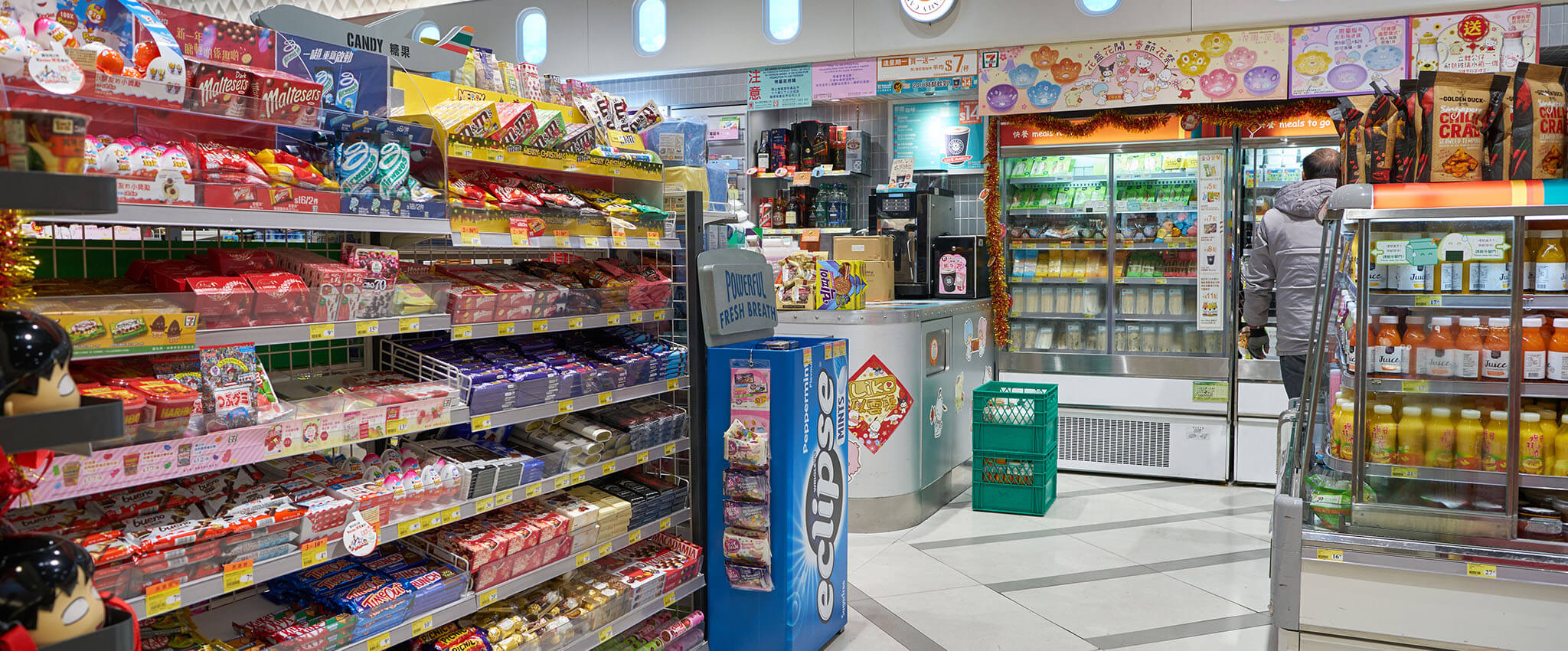In today's fast-paced world, convenience plays a pivotal role in shaping consumer behavior. Convenience goods, a category of products that cater to consumers' immediate needs, have become an integral part of our daily lives. Understanding the characteristics of convenience goods is crucial for businesses aiming to meet consumer demands effectively. In this article, we will delve into the distinct traits of convenience goods, shedding light on their significance and impact on the market.
- Accessibility and Availability:
Convenience goods are characterized by their widespread availability and easy accessibility. These products are typically found in numerous retail outlets, ranging from supermarkets and convenience stores to online platforms. Their omnipresence ensures that consumers can conveniently purchase them whenever the need arises, without extensive effort or time investment. - Low Price and Affordability:
Another key characteristic of convenience goods is their affordability. These products are generally priced at a level that appeals to a broad consumer base. The low price point encourages frequent purchases and impulse buying, as consumers perceive them as affordable and within their budget. This affordability factor contributes to the high demand and turnover rate of convenience goods. - Routine and Frequent Consumption:
Convenience goods are often consumed on a regular basis, forming an essential part of consumers' daily routines. Items such as toiletries, snacks, beverages, and household supplies fall into this category. Due to their frequent consumption, consumers tend to develop brand loyalty and establish habitual purchasing patterns. This aspect presents a significant opportunity for businesses to build long-term relationships with their customers. - Limited Differentiation and Brand Loyalty:
Convenience goods are characterized by limited differentiation among brands. Consumers often perceive these products as interchangeable, with minimal variation in quality or features. As a result, brand loyalty in the convenience goods market is primarily driven by factors such as price, convenience, and familiarity. Businesses must focus on establishing a strong brand presence and delivering consistent quality to maintain customer loyalty. - Impulse Buying and Instant Gratification:
The nature of convenience goods lends itself to impulse buying behavior. Consumers are more likely to make spontaneous purchases when encountering these products, driven by the desire for instant gratification. The packaging, placement, and promotion of convenience goods play a crucial role in capturing consumers' attention and triggering impulse purchases. Businesses can leverage this characteristic by employing effective marketing strategies to maximize sales.
Conclusion:
Convenience goods possess distinctive characteristics that set them apart in the market. Their accessibility, affordability, routine consumption, limited differentiation, and association with impulse buying make them a significant segment within the consumer goods industry. Understanding these traits enables businesses to tailor their marketing strategies, optimize product placement, and build strong brand loyalty. By recognizing the importance of convenience goods and adapting to consumer preferences, companies can effectively meet the demands of today's fast-paced world.

